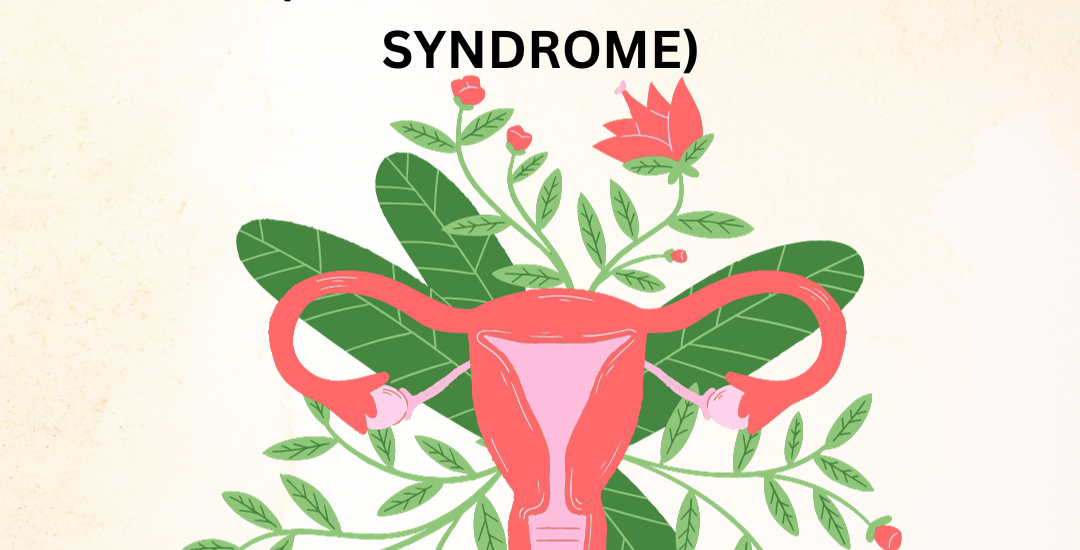it is subject of gynecology .Polycystic Ovary Syndrome (PCOS) is a common hormonal disorder that affects people with ovaries. While Ayurveda, a traditional system of medicine that originated in India, does not use the same diagnostic terminology as modern Western medicine, it does recognize and offer treatments for conditions that share some similarities with PCOS. In Ayurveda, PCOS-like symptoms are often attributed to an imbalance in the doshas, primarily the Kapha and Pitta doshas, and treatment aims to restore balance.
- Diet and Lifestyle: Ayurveda places a strong emphasis on diet and lifestyle. Individuals with PCOS-like symptoms are often advised to follow a diet that helps balance their doshas. This may include avoiding heavy, cold, and oily foods, and incorporating warm, light, and easily digestible foods into the diet. Regular exercise, yoga, and stress management techniques are also recommended to maintain overall health.
- Herbal Remedies: Ayurvedic specific herbs and herbal formulations to help balance hormones and improve ovarian function. Some commonly used herbs for PCOS-like symptoms include Ashwagandha, Shatavari (Asparagus racemosus), Triphala, and Guggul (Commiphora mukul).
- Panchakarma Therapy: Panchakarma is a detoxification and rejuvenation therapy in Ayurveda. It involves a series of therapeutic treatments that help remove toxins from the body and balance the doshas. Panchakarma may be recommended for individuals with PCOS-like symptoms to address underlying imbalances.
- Ayurvedic Medicines: Ayurvedic medicines or formulations tailored to an individual’s specific constitution and symptoms. These medicines are believed to help regulate menstrual cycles and manage hormonal imbalances.
- Stress Reduction: Ayurveda recognizes the role of stress in exacerbating health conditions. Stress reduction techniques such as meditation, pranayama (breathing exercises), and relaxation practices are often recommended.
- Lifestyle Modifications: Ayurveda advises maintaining a regular daily routine, including sleep patterns. Ensuring adequate sleep and following a consistent daily schedule can help balance the doshas and promote overall well-being.

